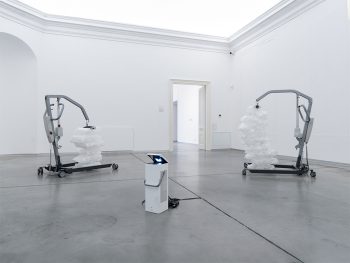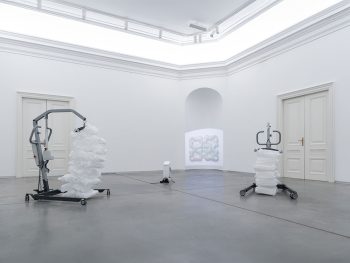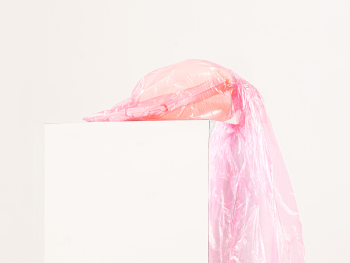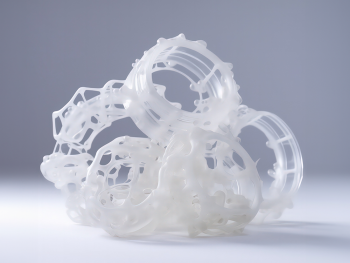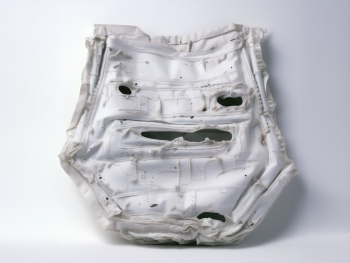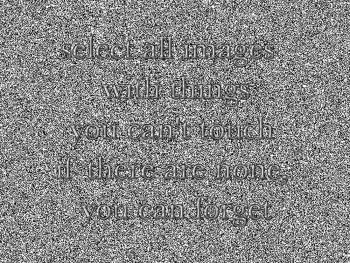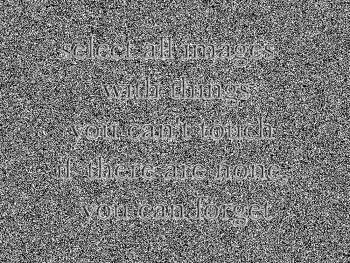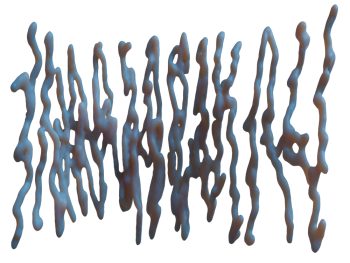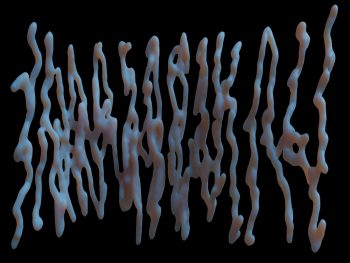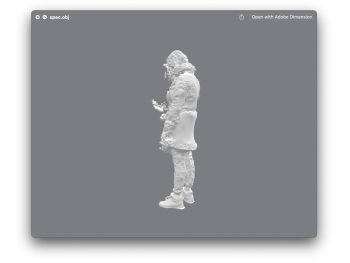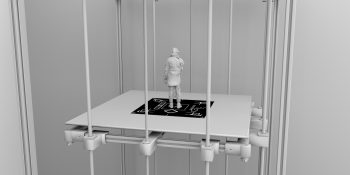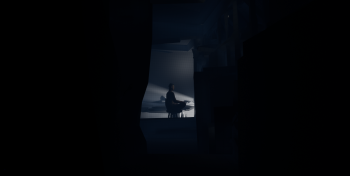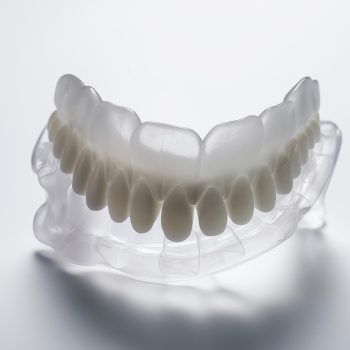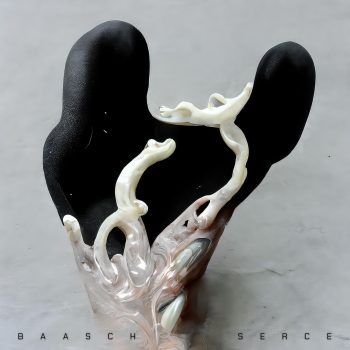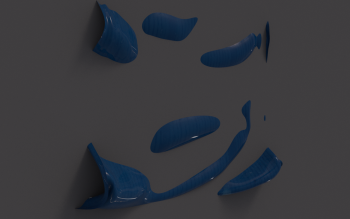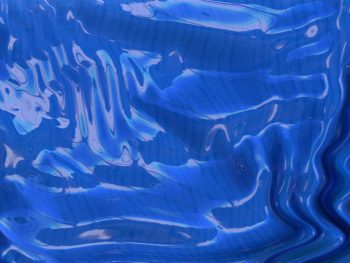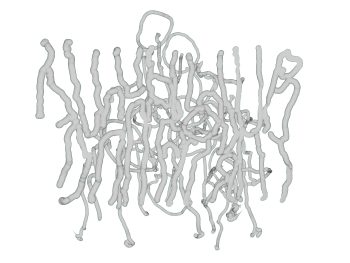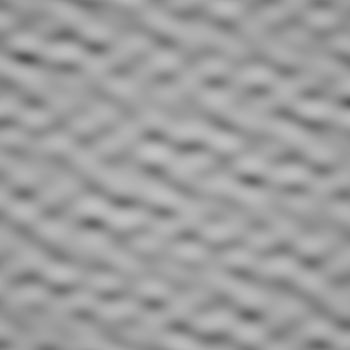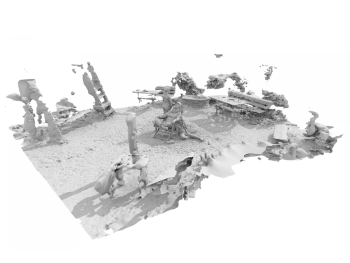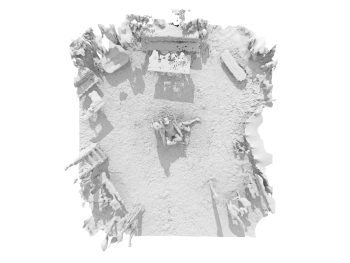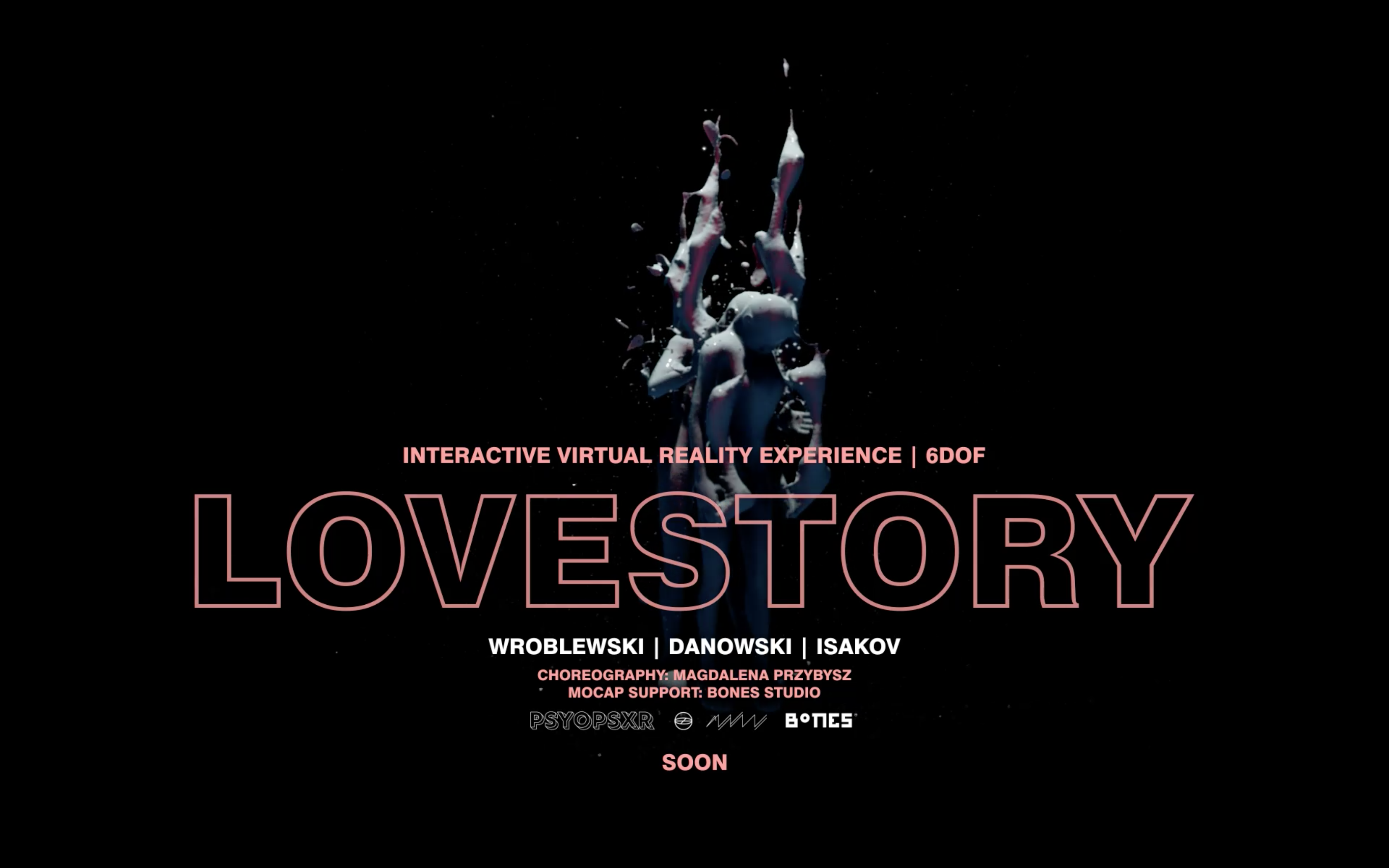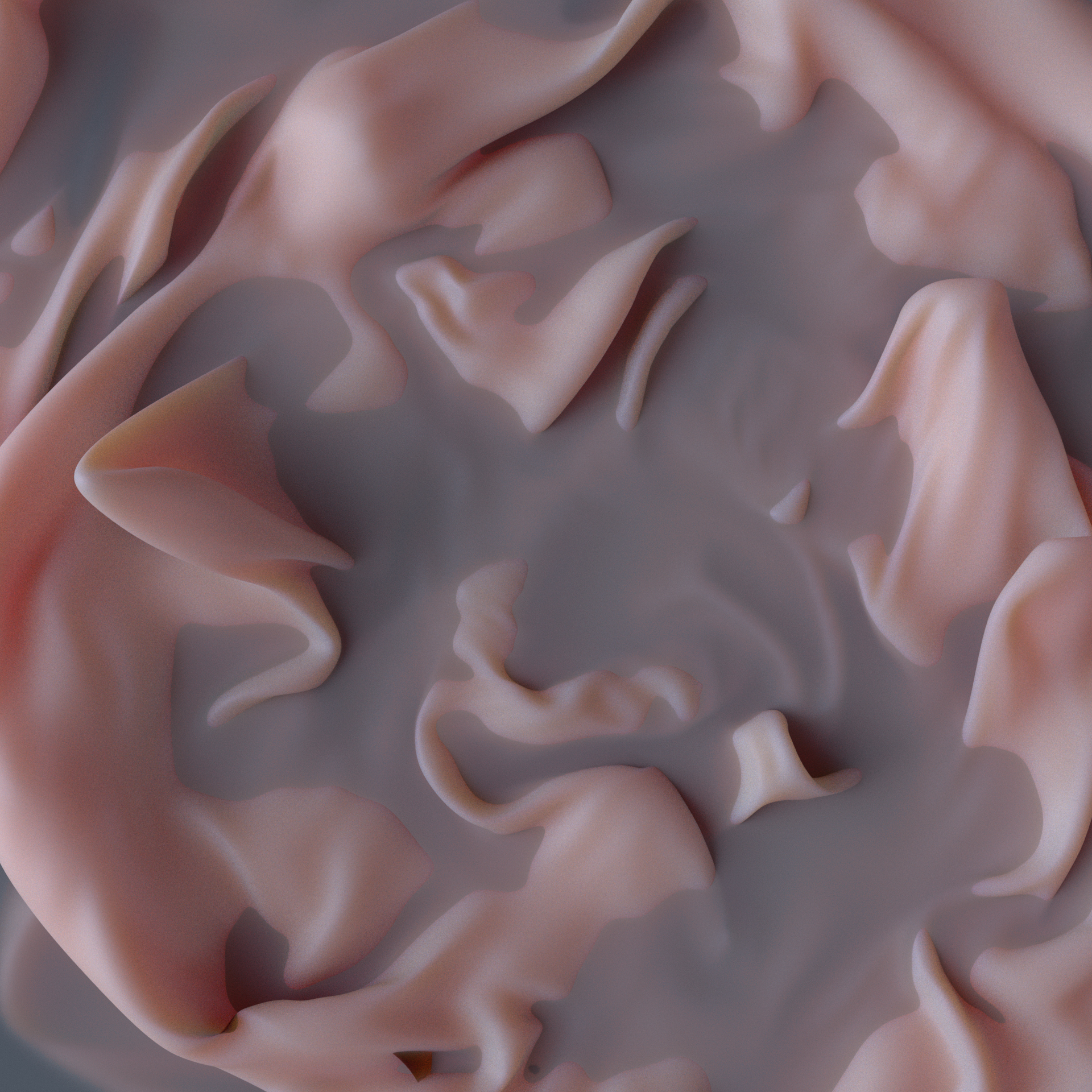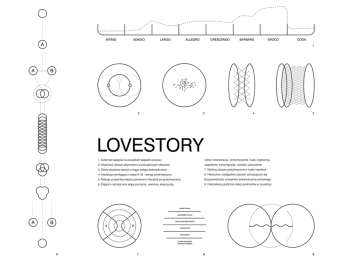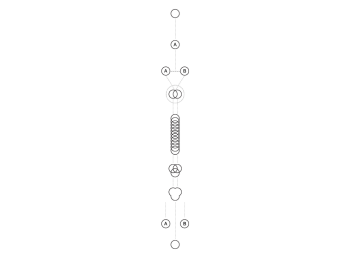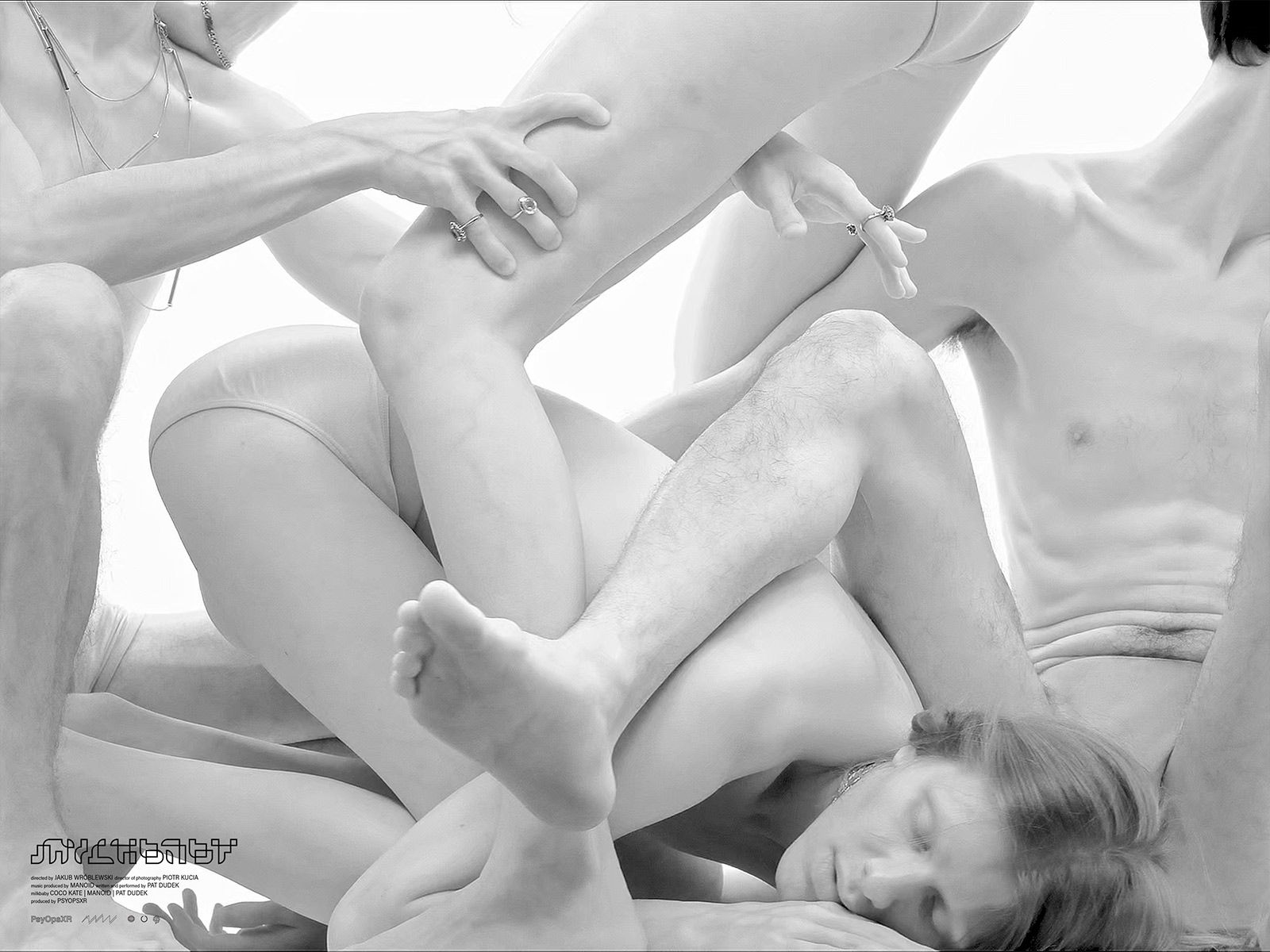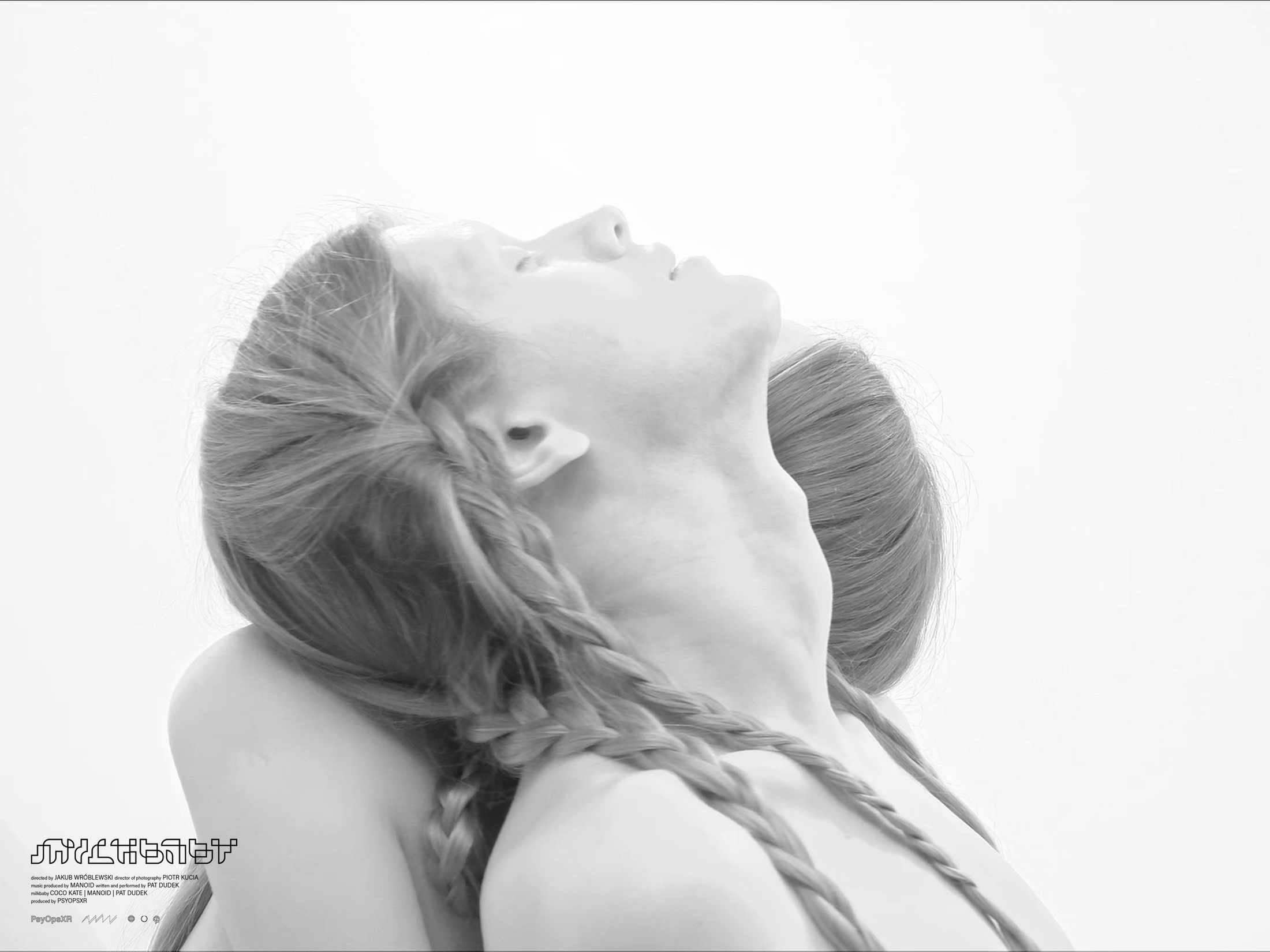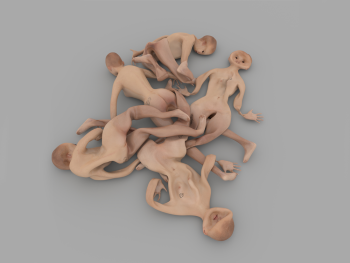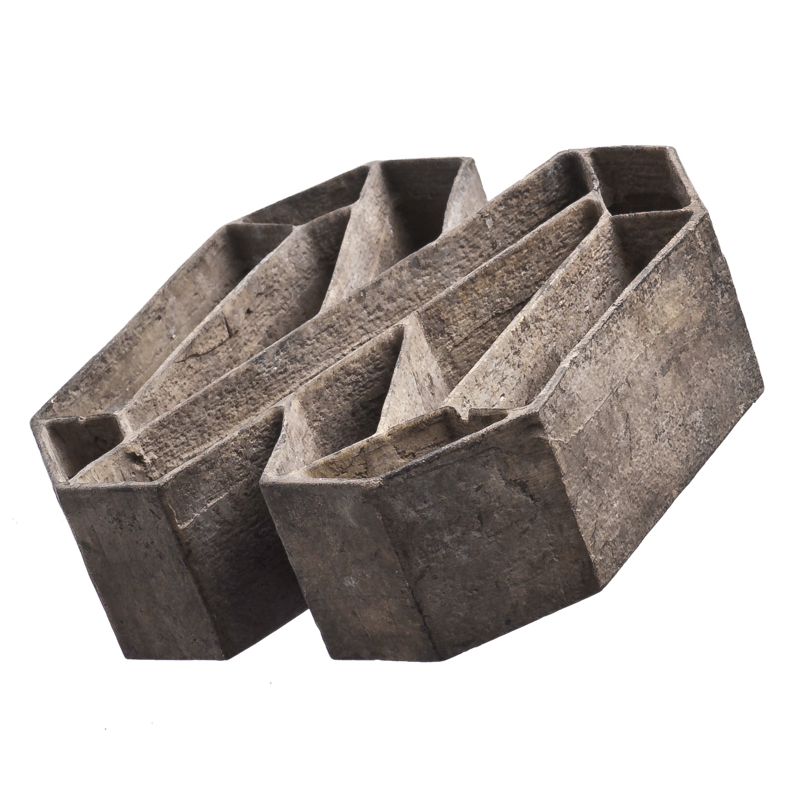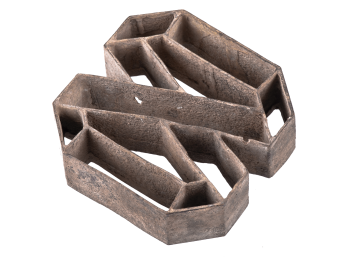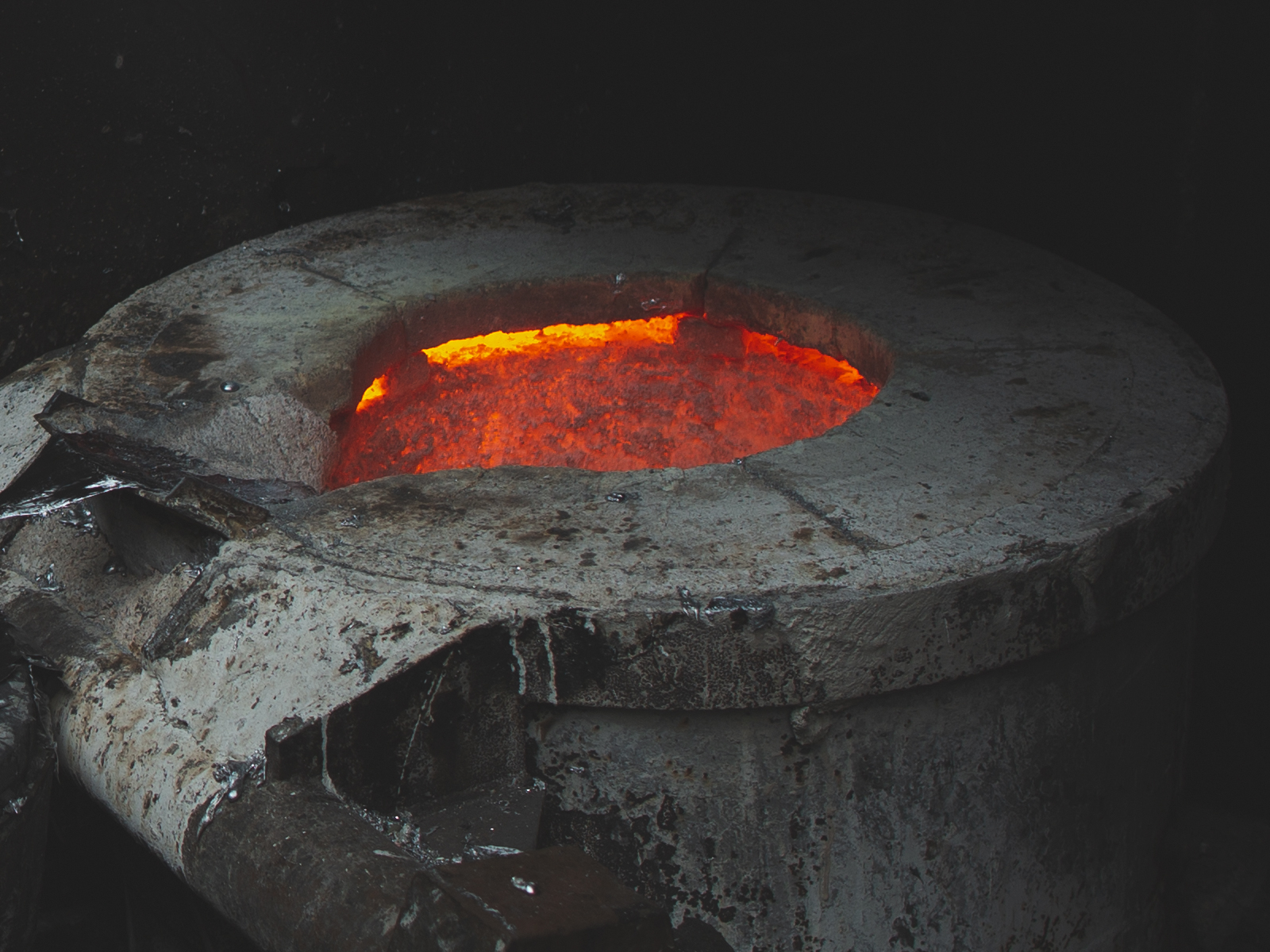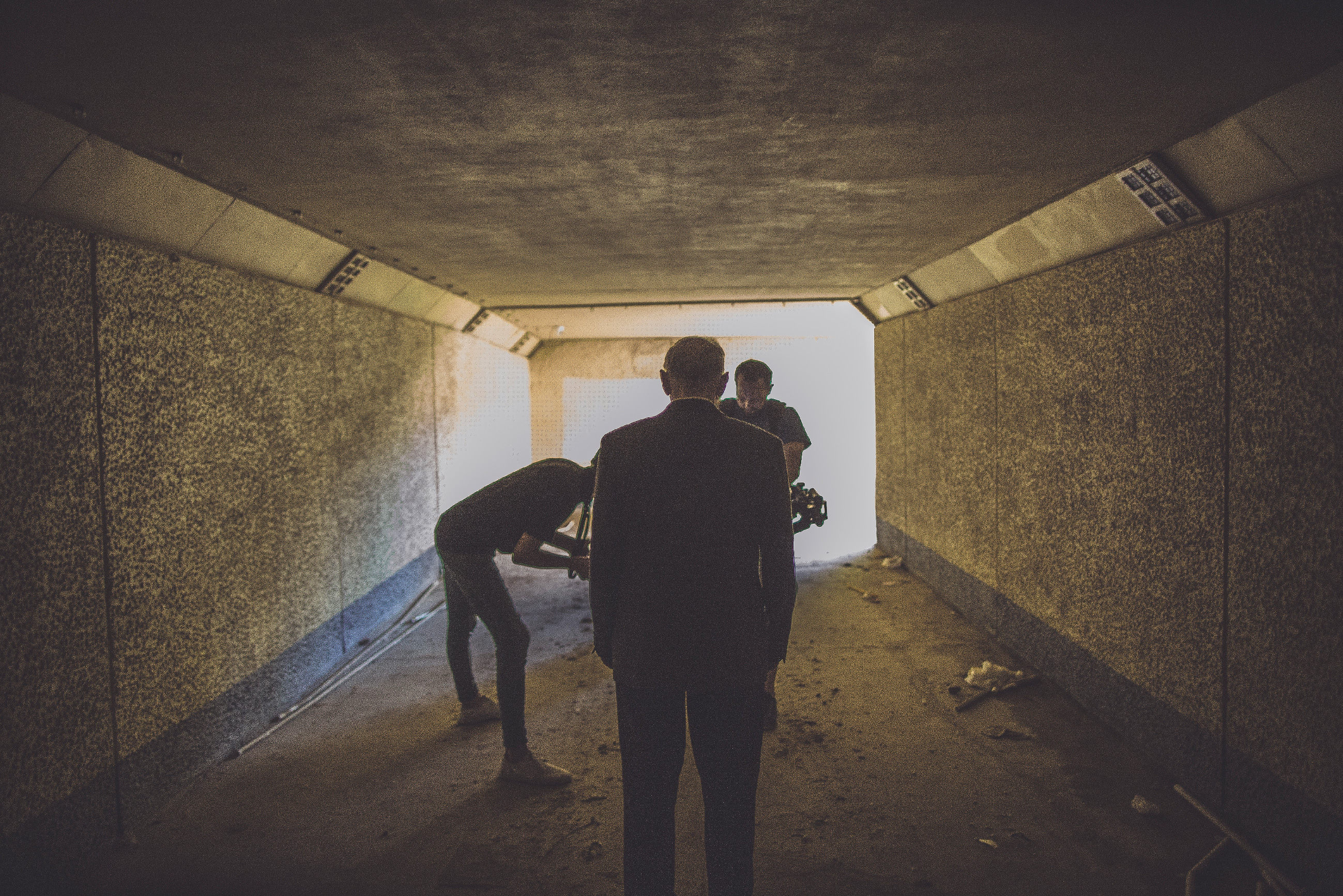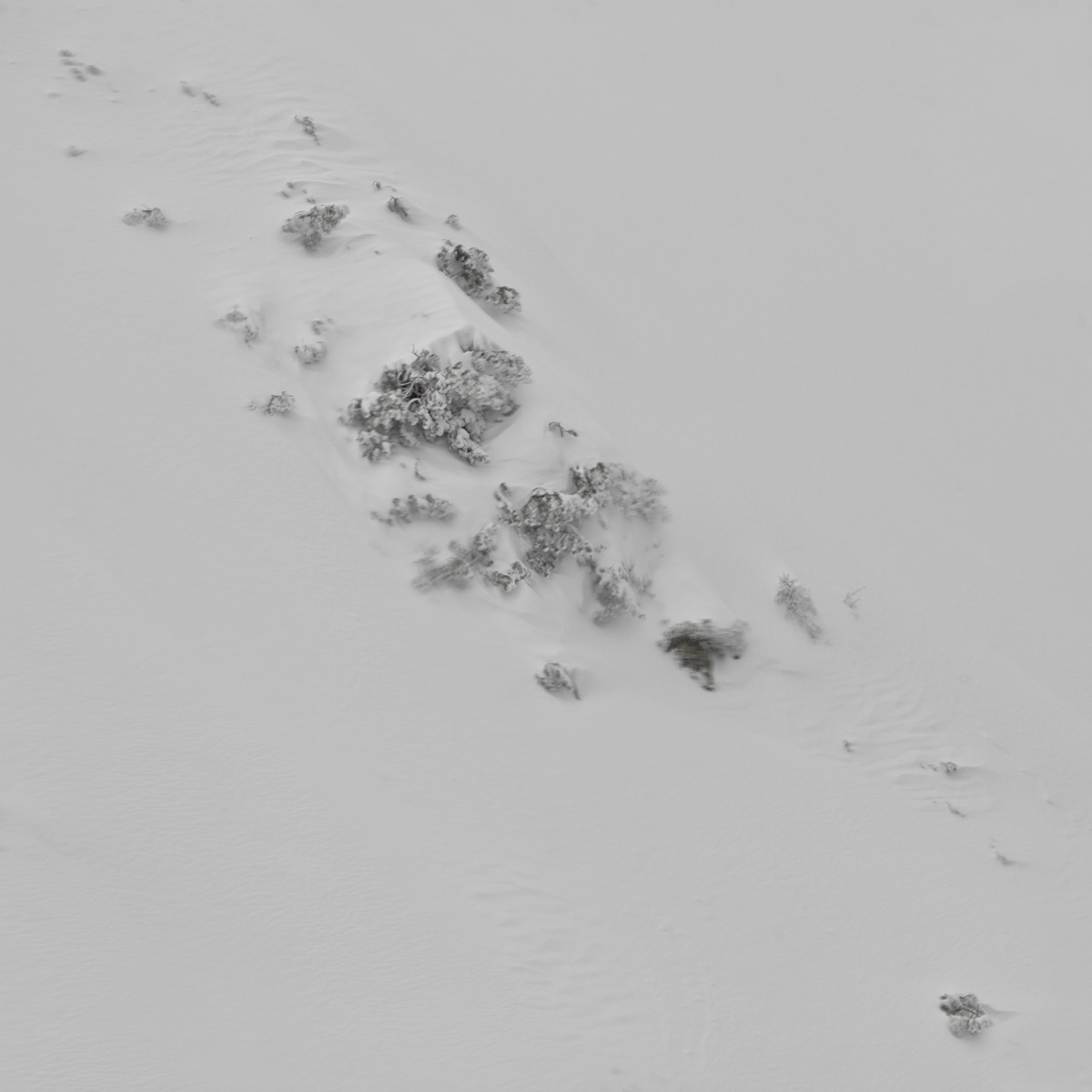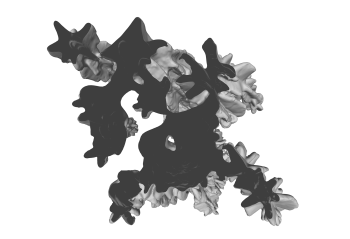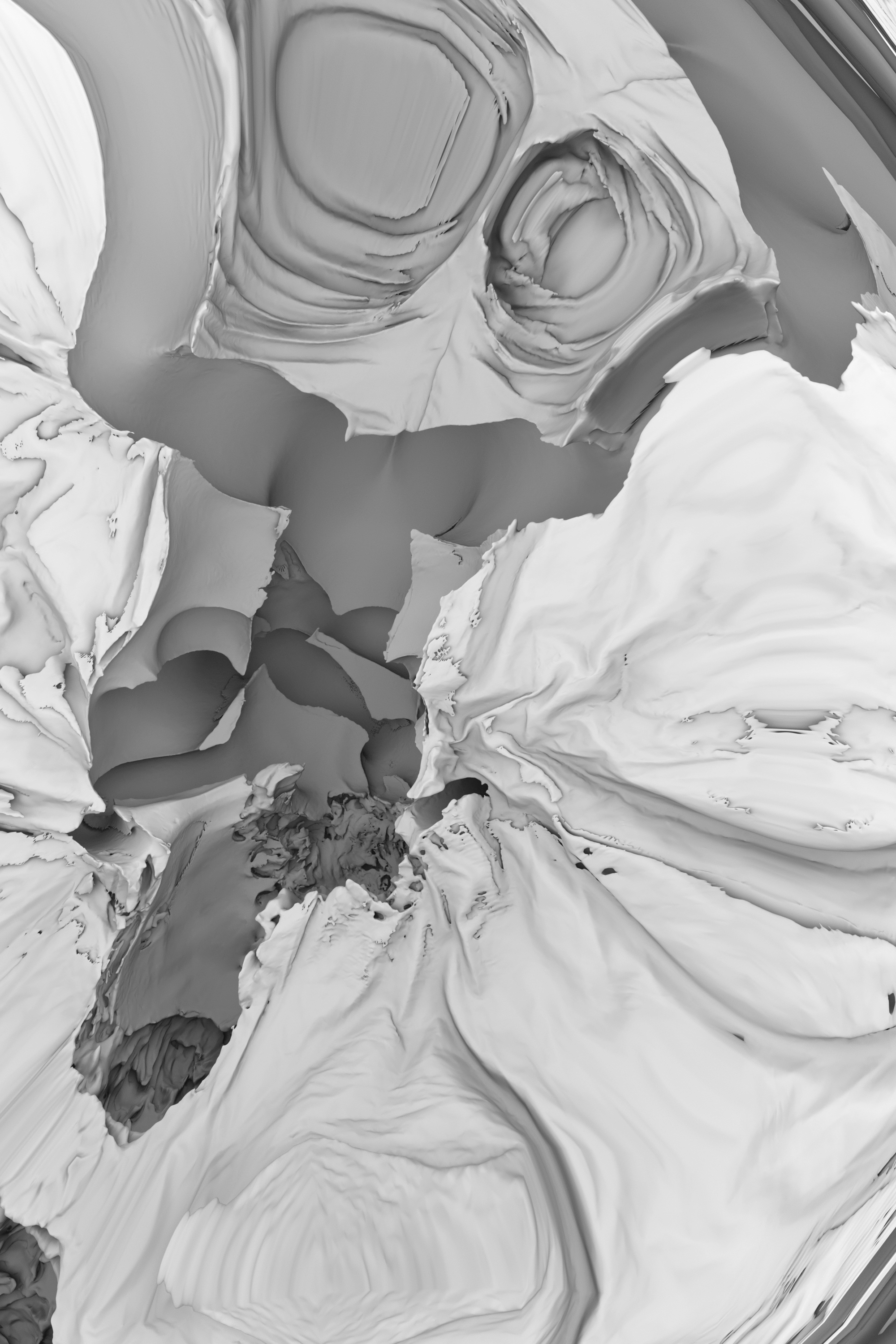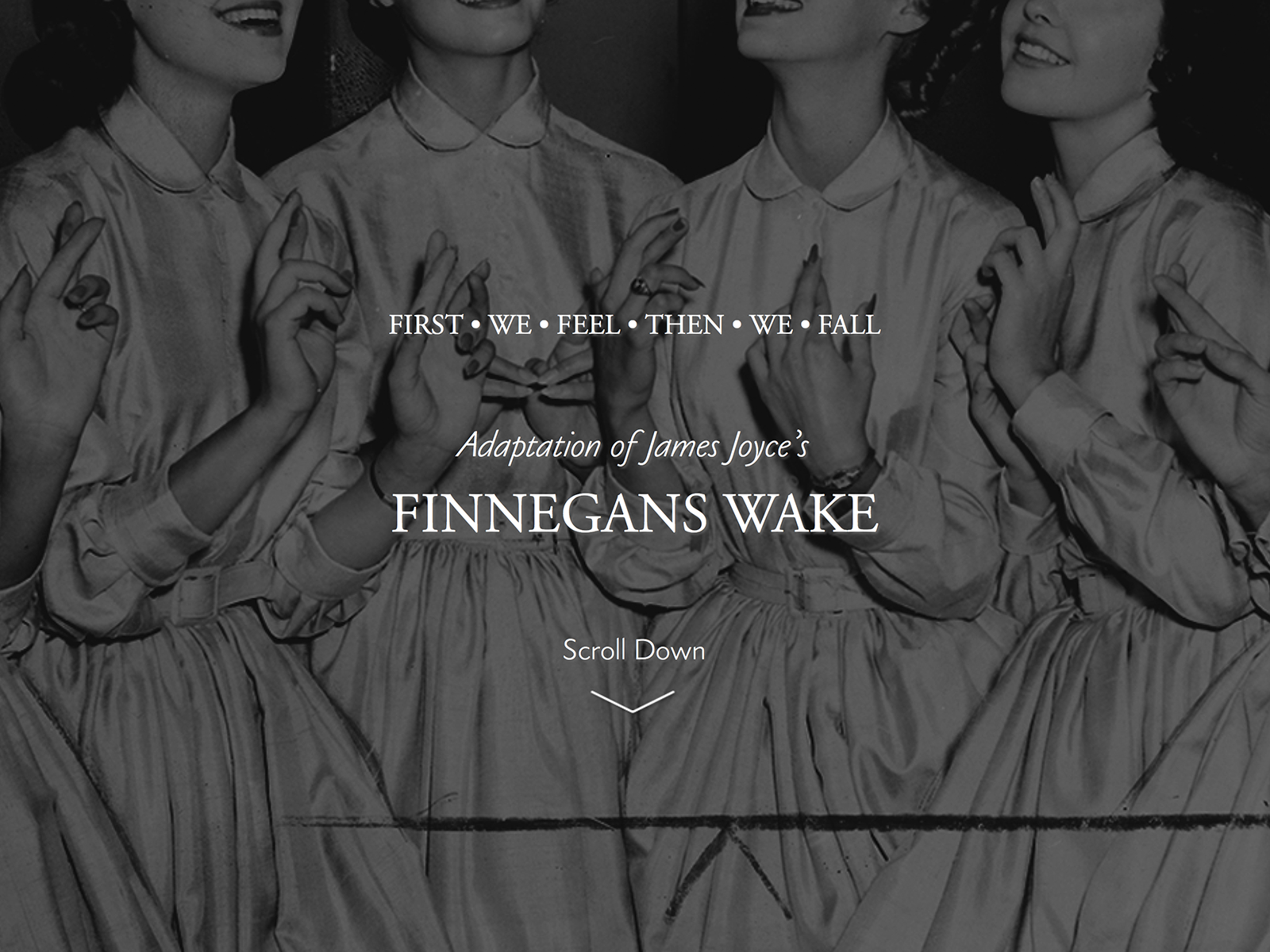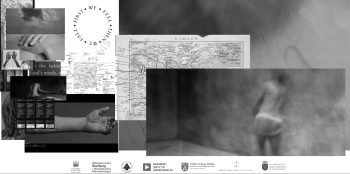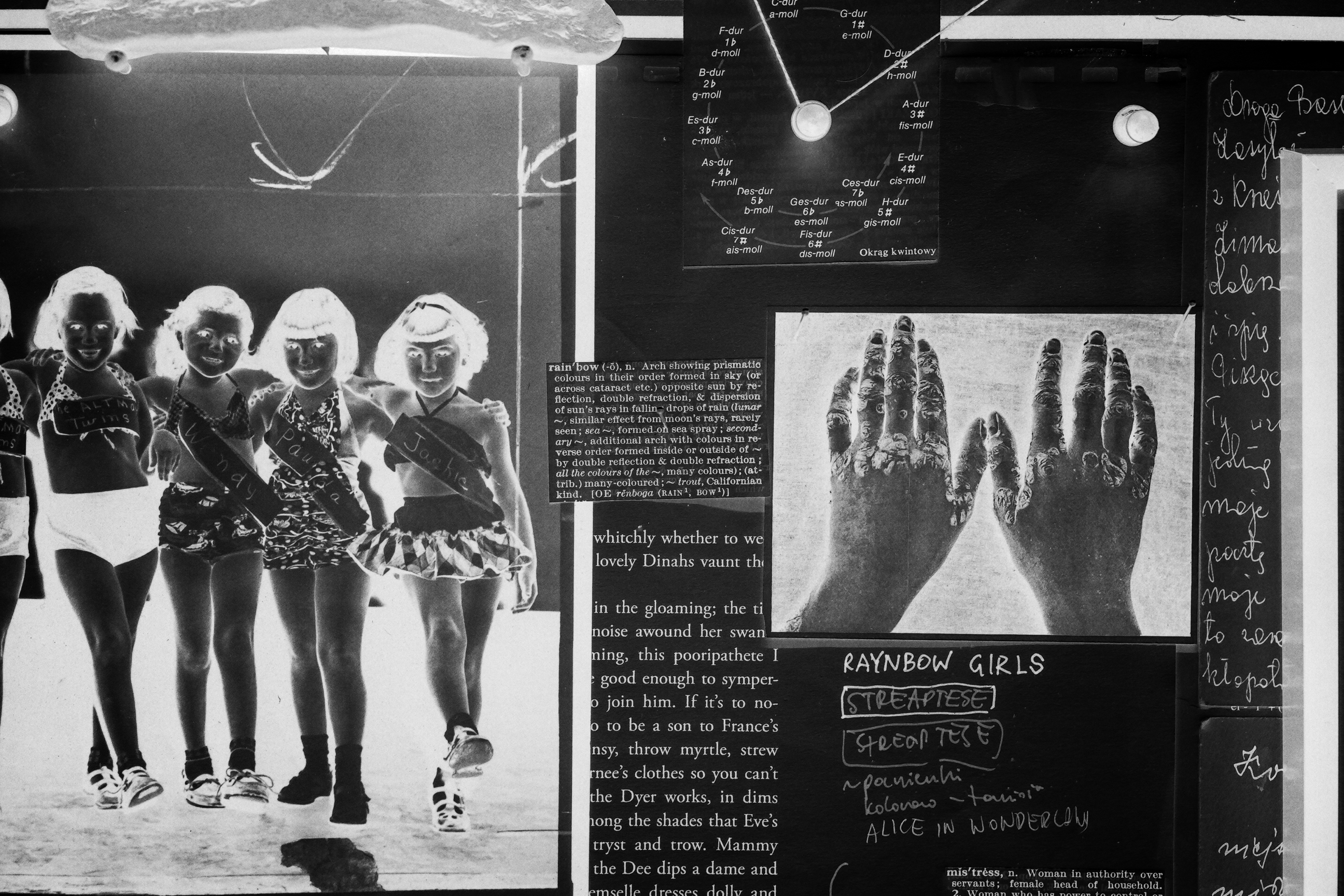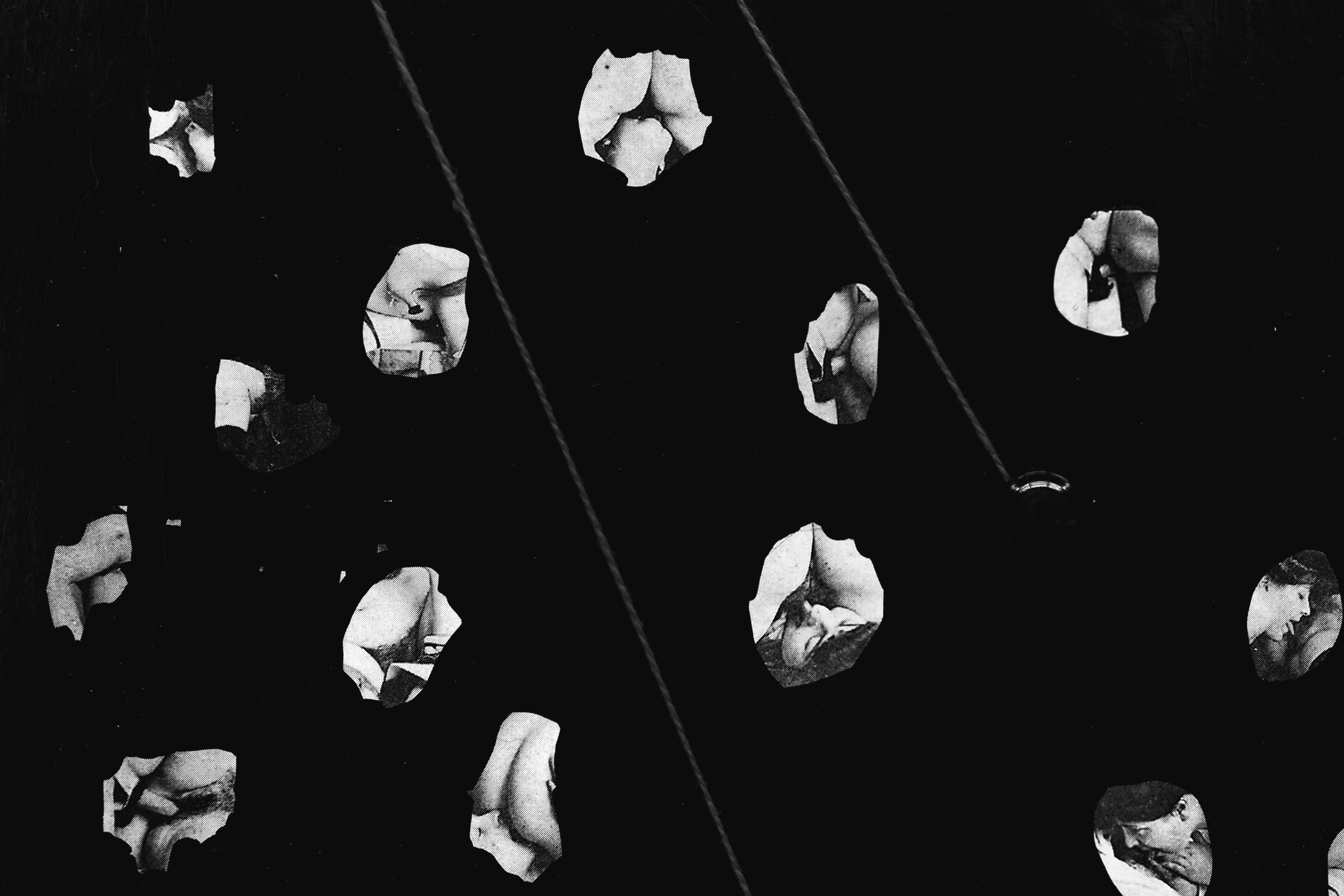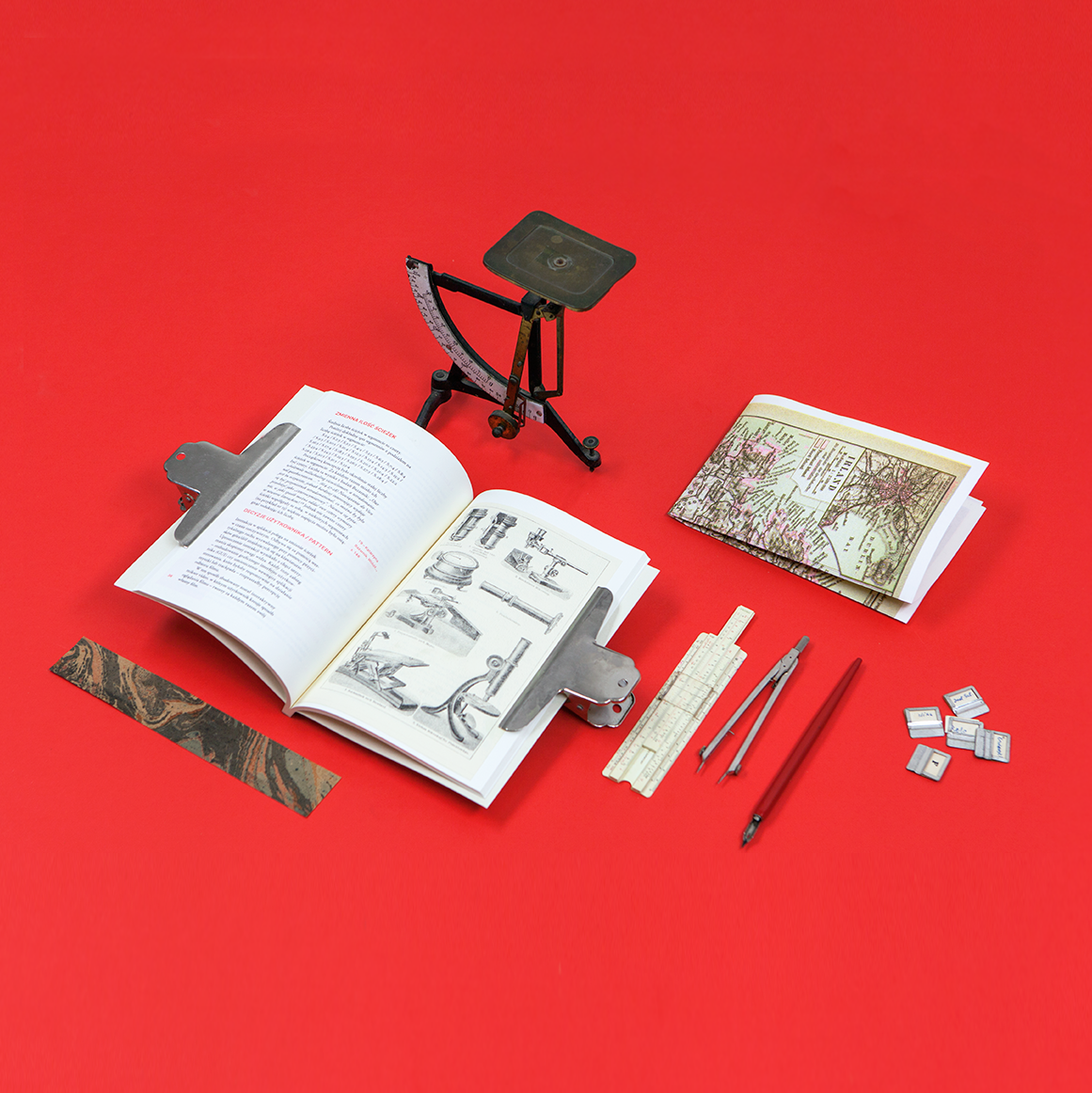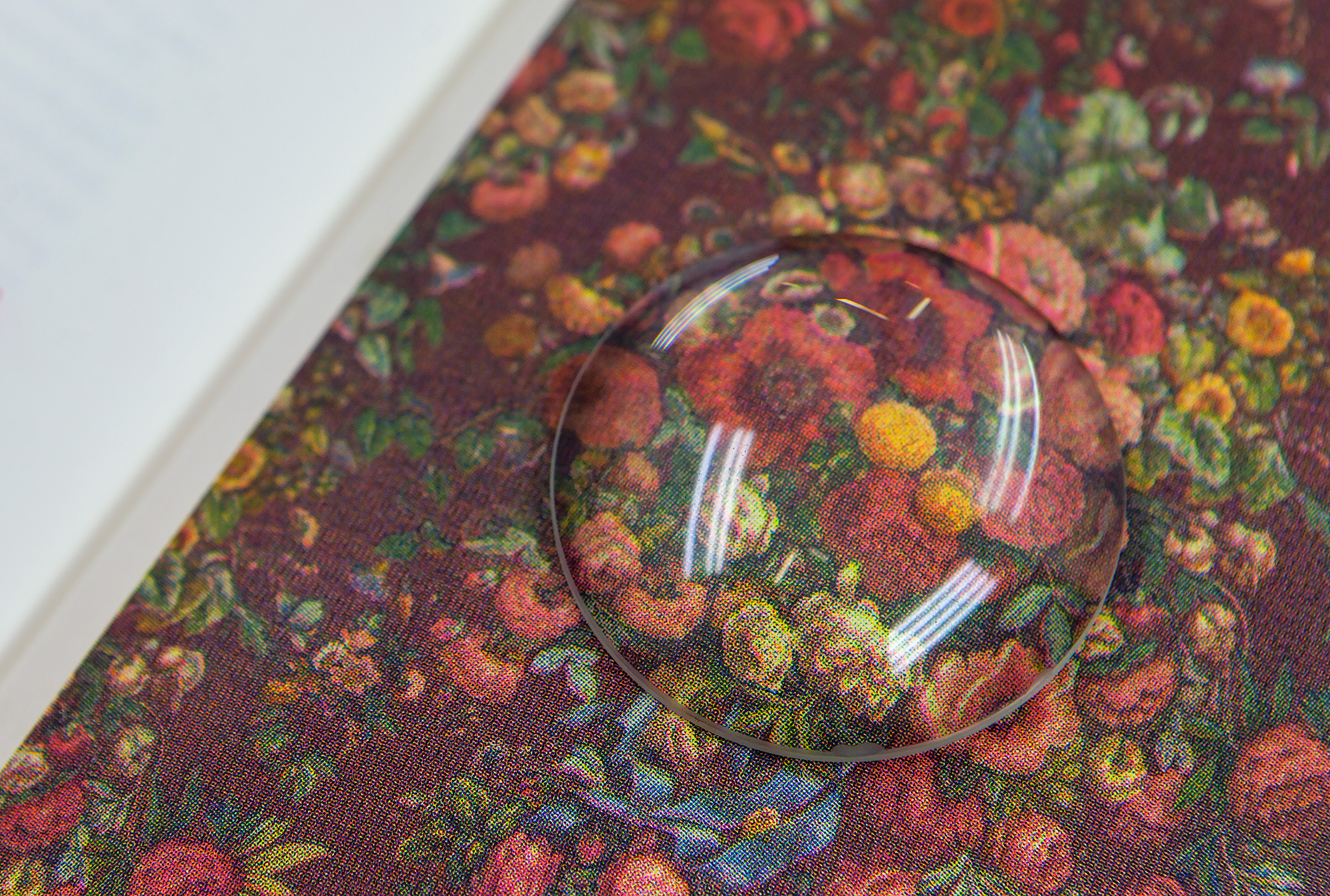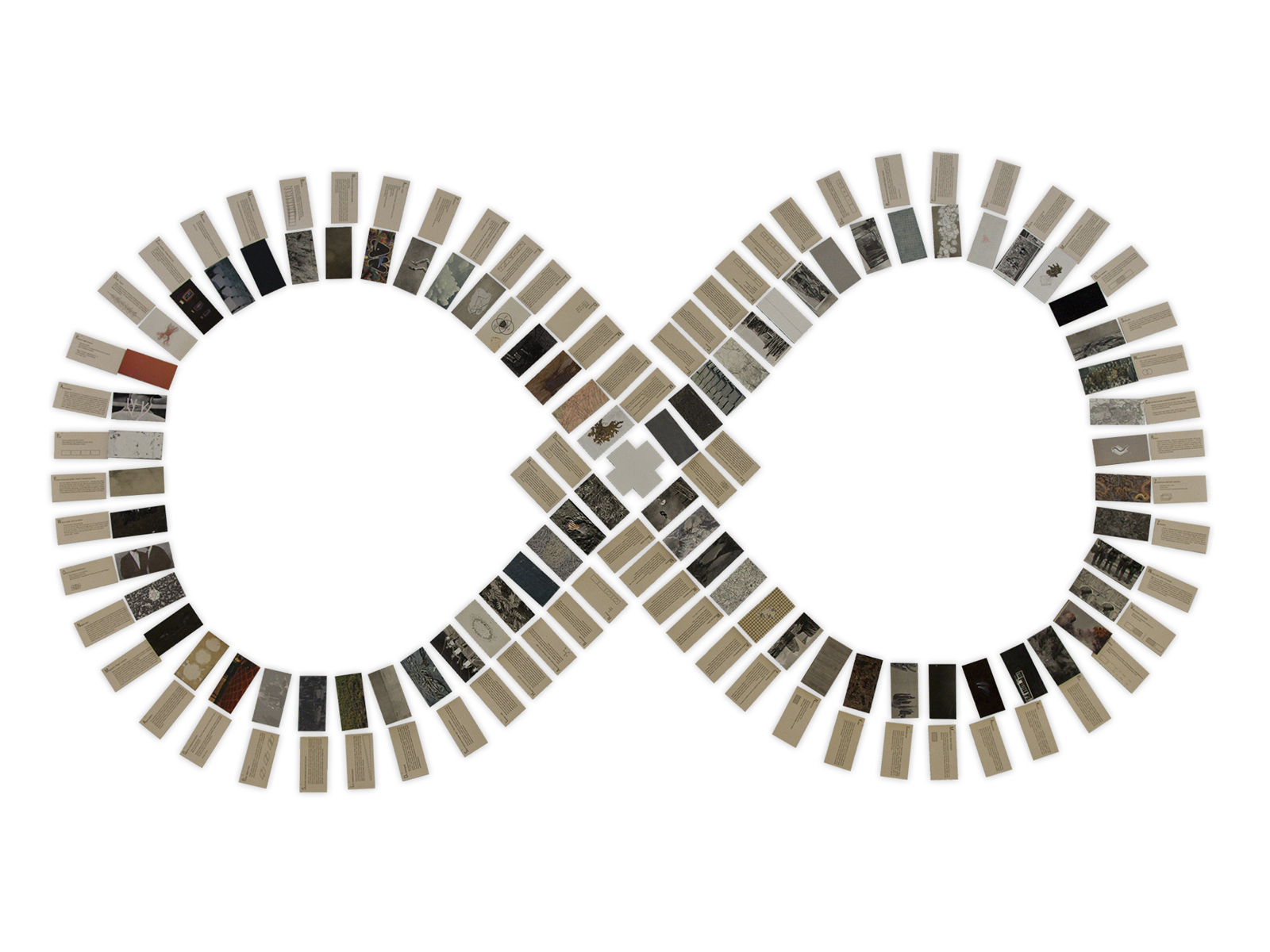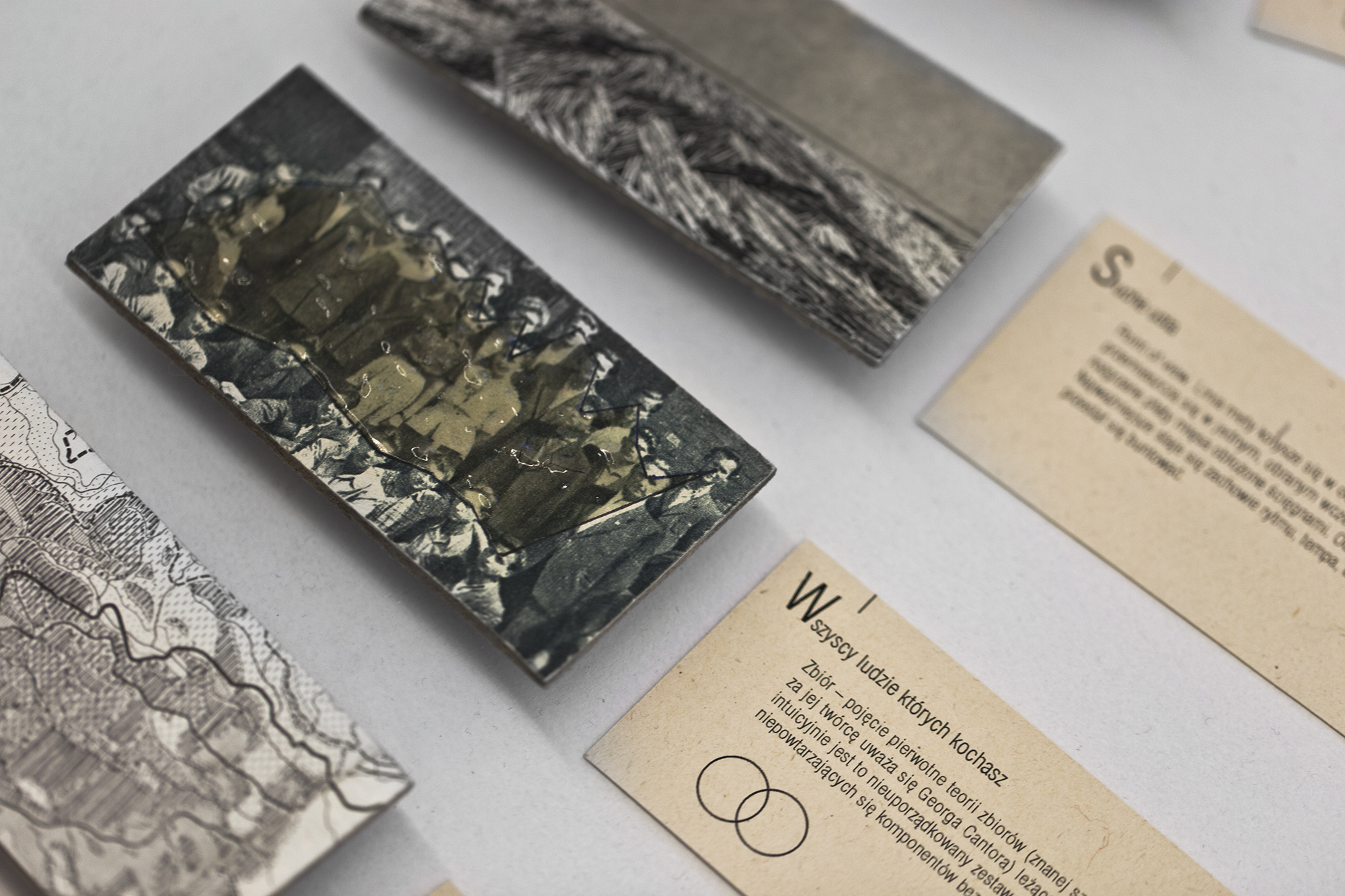The work exhibited at the first exhibition of the series Bardo – Reflections – EXTENSIVE FILM. The main area of study was the phenomenon of perceiving reality through the prism of means affecting it. The construction of the montage structure was based on Dr. Albert Hoffman's publication LSD – mein Sorgenkind. Die Entdeckung einer „Wunderdroge. The film was a prelude to my research project „Psychedelic Experience and the Language of Film.”
„There are such experiences that most of us prefer to keep quiet about, because they do not relate to everyday reality and do not lend themselves to rational explanations. They are not triggered by some special external event, they are rather related to our inner life… And suddenly, in an unusual, delightful or alarming way, the familiar environment is transformed, revealed to us in a new light, acquires a unique meaning.”
LSD – mein Sorgnkind. Die Entdeckung einer „Wunderdroge”Dr. Albert Hoffman / Klett-Cotta @ 1979
J.G. Cotta’sche Buchhandlung Nachfolger Gmb / Stuttgart, s. 3
The concept of the Dream Screen, presented by Alicja Helman – comparing film (film experience) with dream (dream experience) – is hugely engaging. The theory testifies to the continuing relevance of psychoanalytic reflection. Psychoanalysis assumes an obvious connection between sleep and the individual personality (Freud&CO) and sleep and the collective unconscious (Jung&CO). An important event was the publication of Werner Eberwein's book (Deine Rechte in der Psychiatrie /// Psychiatrie-Beschwerdezentrum, Berlin 1982), in which the author does not abandon psychoanalysis despite his critical attitude towards it, he combines this reflection with neurophysiology, linguistics, psychology. Eberwein wonders how the experience of sleep affects our relationship to film, and such relationships are, for me, the initial questions about the type and manner of narrative construction.
![Collection*1 [see ≠ touch]](https://jakubwroblewski.com/wp-content/uploads/2024/12/min_2-350x263.jpg)
![Collection*1 [see ≠ touch]](https://jakubwroblewski.com/wp-content/uploads/2024/12/min_1-350x263.png)
